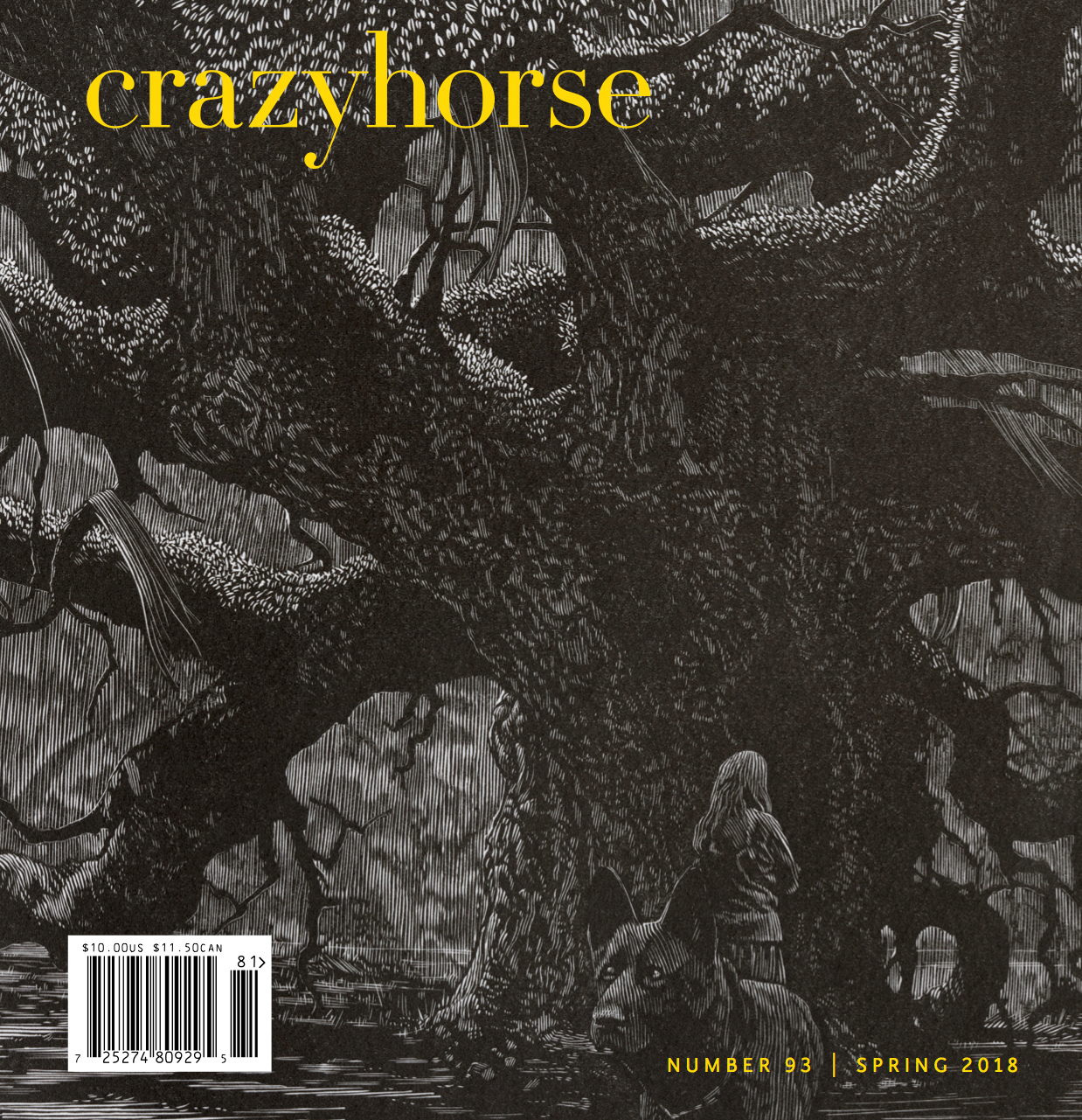
Matt Bell’s novel, In the House Upon the Dirt Between the Lake and the Woods, has been called “fiercely original” and “a gut punch.” It’s also the only novel you’ll read this year where one of the conflicts is Man vs. Bear.
Ernest Hemingway didn’t mince words about style. About William Faulkner’s, he wrote, ““Poor Faulkner. Does he really think big emotions come from big words? He thinks I don’t know the ten-dollar words. I know them all right. But there are older and simpler and better words, and those are the ones I use.” But what if the two sides are not exclusive? What if you can use ten-dollar words that are also old and simple?
Matt Bell offers a lesson in using unusual vocabulary in his new novel In the House Upon the Dirt Between the Lake and the Woods. You can read a few of those words in this excerpt published at Guernica.
How the Story Works
Here are a few of the words used in the excerpt:
kith, kin, circumscribing, exhalations, remove (used as a noun), rankled (used as an adjective), sequestered.
Some of these words belong to languages other than fiction’s: sequestered is now a political word. Exhalations belongs to biology, physiology, and yoga. Circumscribing comes from geometry, mapmaking, and travel. Kith and kin belong to another age. To see just how specific our ideas can be about when certain words are appropriate, try this simple experiment: Use any of these words in casual conversation. Example: What were you doing this weekend? Oh, just hanging with my kith and kin. You’ll get some odd looks. Someone might ask, “Why are you talking that way?” But you would have accomplished a sometimes-difficult feat. That person would paying attention to you, trying to figure out, “Why is he talking that way?” or “Who is she that she uses words like that?” Part of the battle of fiction is just to get the reader to wake up and pay attention. Using unusual words can do that.
The Writing Exercise
Let’s practice using unusual words:
- Find your source. Words seem unusual only when they’re used outside of their usual contexts. So, pick up a trade magazine or one that caters to a hobby or special interest. Or visit a website that serves the same purpose. Write down all the words that you understand but would never use in conversation.
- Create a character who would use those words. The easiest way is to write a character who is part of the words’ trade or special interest; obviously, doctors don’t talk like studio engineers. But you can also shoot for idiosyncrasy. Ask yourself, what kind of person would use these words casually in a sentence outside of their usual context? Try to hear the person’s voice as he or she speaks.
- Write a passage in which the character discusses something mundane: eating dinner, walking the dog, going on a date, putting the kids to bed. If it’s a character with a specific job or interest, make him/her discuss the topic with someone else from that job/interest. If it’s an idiosyncratic character, just let him/her talk. Try to use as many of the unusual words from your list as possible. Some won’t make any sense, or they’ll feel forced. But others will surprise you. They’ll become part of the fabric of the character’s speech, and when that happens, you may discover that you’ve created a character with a voice you’ve never heard before.
Good luck and have fun.




One Response to “How to Use Unusual Words”